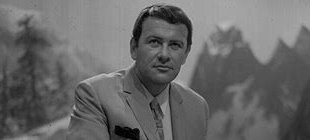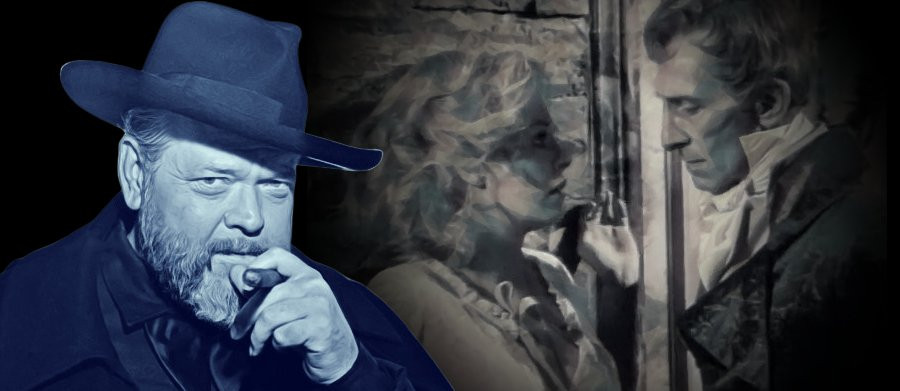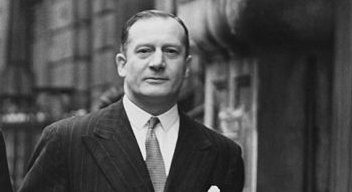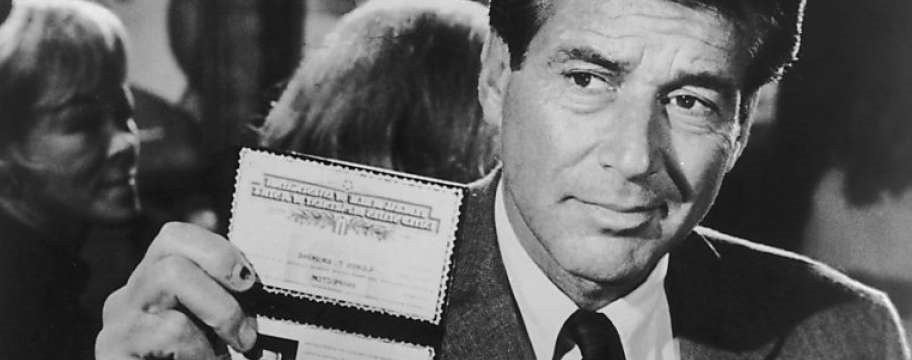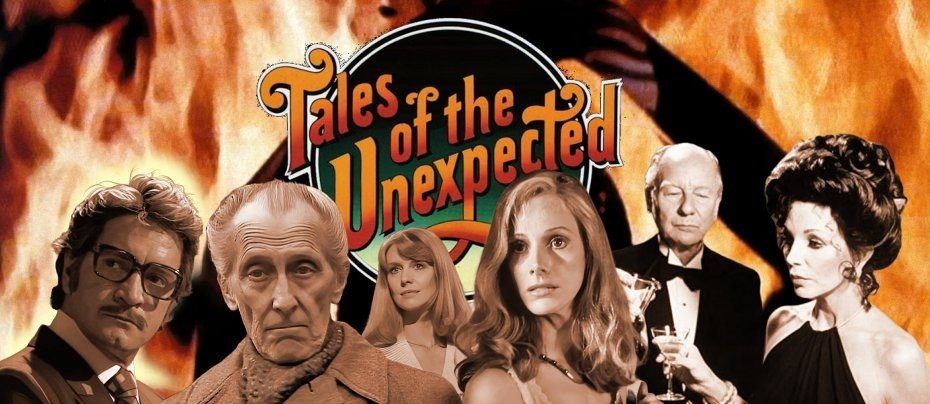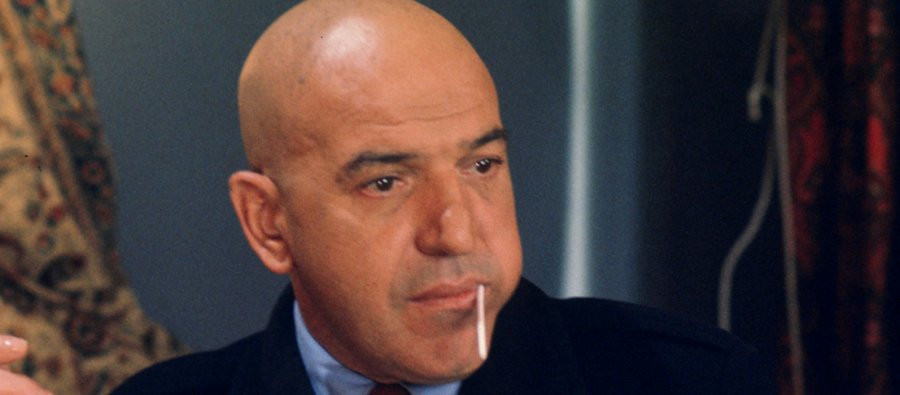
Kojak
1973 - United StatesBefore Kojak became a global television sensation, it began life as the critically acclaimed 1973 TV movie The Marcus-Nelson Murders, based on the real-life Wylie-Hoffert case. With Telly Savalas stepping into the role of Lieutenant Theo Kojak, a tough-talking, lollipop-sucking New York detective with a wry sense of humour and razor-sharp instincts, the series quickly carved out a niche for itself with its gritty, street-level realism. Unlike the polished, sun-soaked crime dramas of California, Kojak returned the spotlight to the grimy, unvarnished streets of New York City — and audiences loved it.
With his gleaming bald head, natty dress sense, and sardonic one-liners, Kojak made an immediate impression. Savalas, a long-established movie actor by the early ’70s, brought a charismatic, no-nonsense presence to the small screen that oozed authority and charm. As much style as substance, his portrayal was layered, showing a man as concerned with justice as he was with appearances — and never without a Tootsie Pop in hand.
Supporting Savalas was a solid ensemble cast, including George Savalas (Telly’s real-life brother) as the bumbling but loyal Detective Stavros, and Dan Frazer as Chief Frank McNeil. The show also served as a springboard for a number of then-unknown actors who would soon become household names.
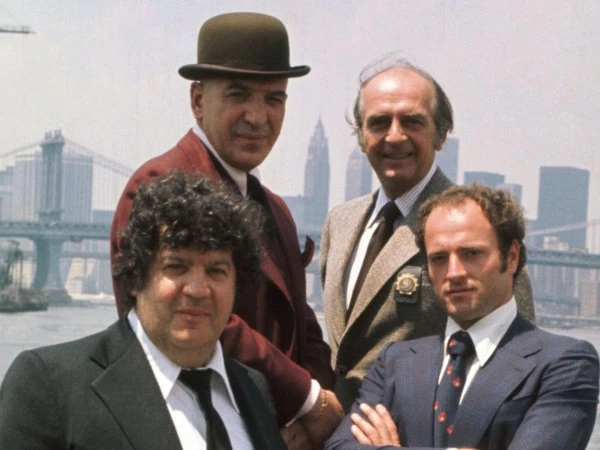
Kojak was an instant hit, climbing into the top ten during its first season and staying there for much of its five-year run. It was lauded for its realism, its hard-hitting storylines, and its unapologetically urban flavour. Even after the series ended in 1978, the character lived on in a string of made-for-TV films, the last of which aired in 1989. By then, Kojak had risen through the ranks to Inspector, still as sharp and stylish as ever.
Behind the scenes, not all was smooth sailing. In 1993, Savalas sued Universal Television for $6 million, alleging he was owed a quarter of the show’s profits. He died the following year, but by then his place in pop culture was already secured. Kojak had turned him into an unlikely international sex symbol, something underlined in 1975 when he inexplicably topped the UK charts with a spoken-word cover of David Gates’ If. His brief musical career ended, thankfully, after a less successful follow-up limped to number 47 for a solitary week.
New York, once again painted as the 'Crime Capital of the World', became as much a star of the show as Kojak himself. In contrast to the glossy escapism of Starsky & Hutch or CHiPs, Kojak grounded its stories in a city that felt real and raw. The world’s television audiences embraced that realism, and Savalas, wholeheartedly. And New Yorkers? They loved him even more.
Though it might feel a little dated now in its pacing and presentation, Kojak remains a landmark crime drama. A stylish series that married grit and glamour with a knowing wink—and one hell of a catchphrase.
"Who loves ya, baby?"
Well, for a time at least, just about everyone.
Seen this show? How do you rate it?
Seen this show? How do you rate it?
Published on December 28th, 2018. Written by Skip Wilson Jr. for Television Heaven.


